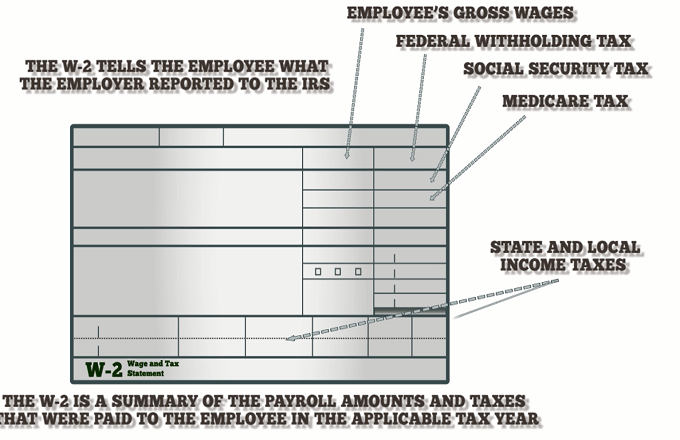A person with dual citizenship is a citizen of two countries at the same time. Dual citizenship is complex, and it’s important to understand the benefits and obligations.Dual citizens receive the benefits and privileges offered by each country. They can vote in both, and access either country’s social services. They can work in either one without a permit or visa, or attend school at the citizen tuition rate. Dual citizens can carry passports from both countries. That eliminates the need for long-stay visas, and you’ll hear no questions about your trip when you travel between the two. It also allows you to own property in either country, since some countries restrict land ownership to their citizens. But as a dual citizen, the laws of both countries bind you. If you’re a U.S. citizen and a citizen of a country with mandatory military service, you can lose your U.S. citizenship under certain circumstances, such as if you’re an officer in the foreign military. The U.S. imposes taxes on its citizens for income earned abroad, so you might be taxed twice. Dual citizenship can also make it difficult to attain a security clearance that’s necessary for government jobs. And the process of becoming a dual citizen can take many years and be very expensive. Costs include applying for permanent residency, filing an application for citizenship, and any necessary legal and professional help.





